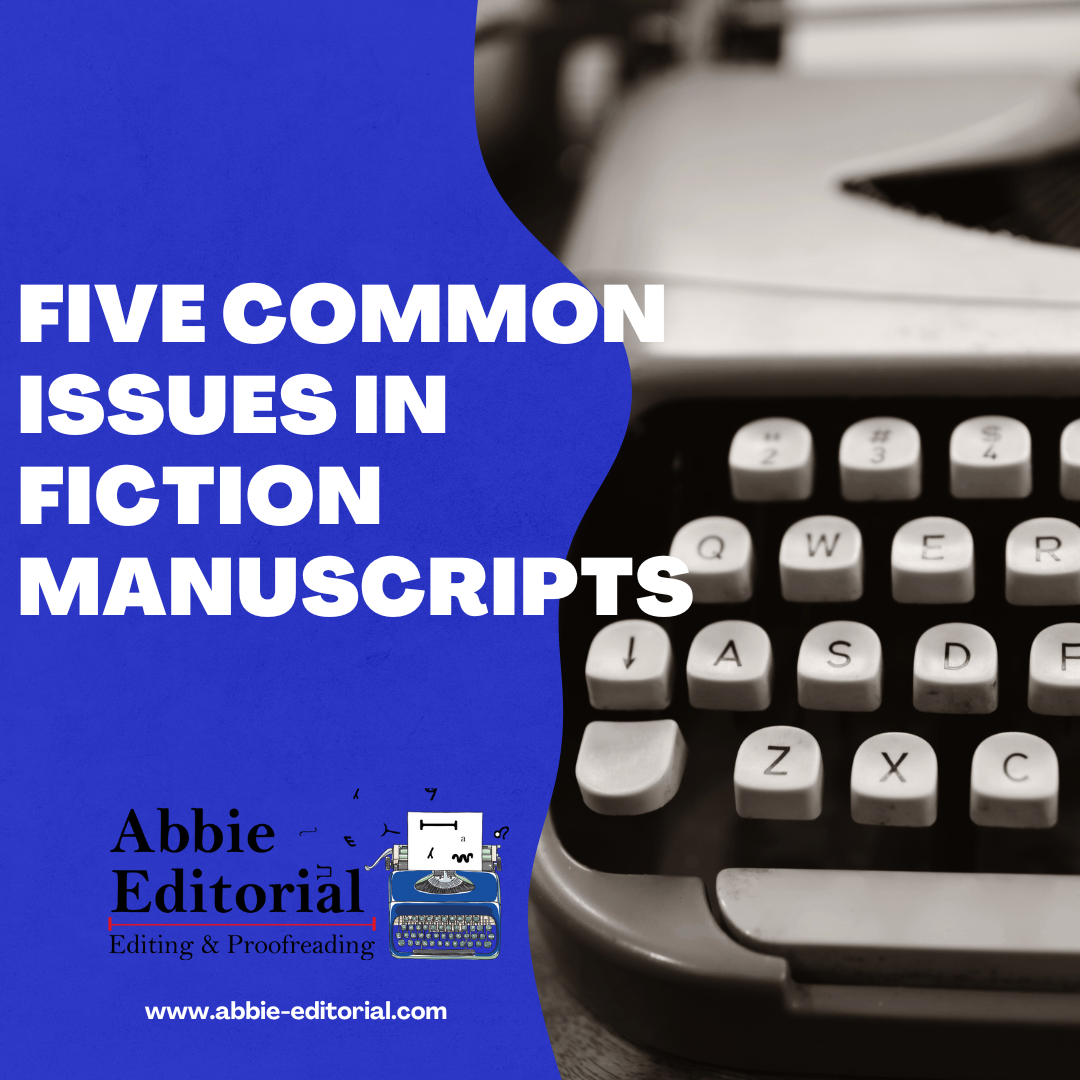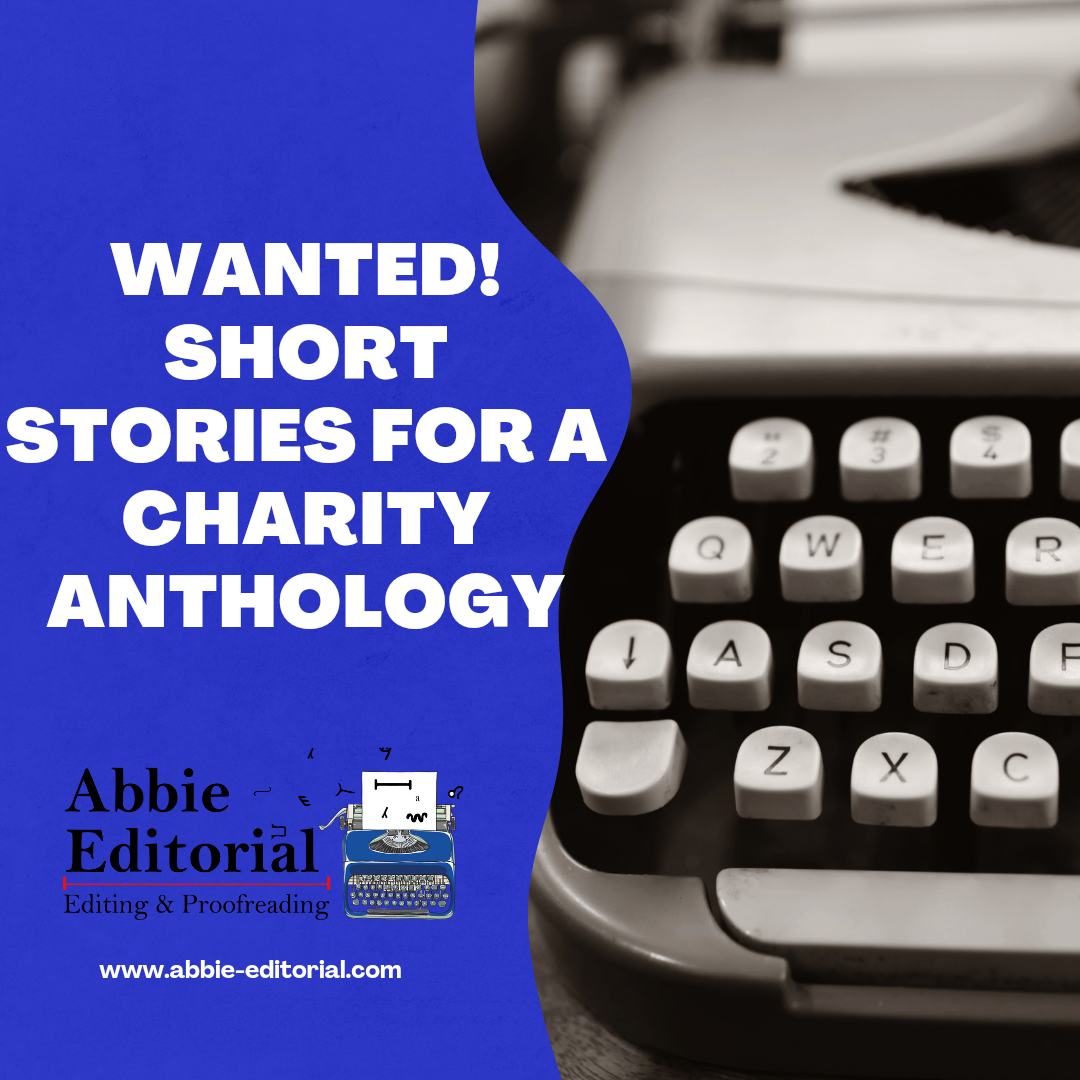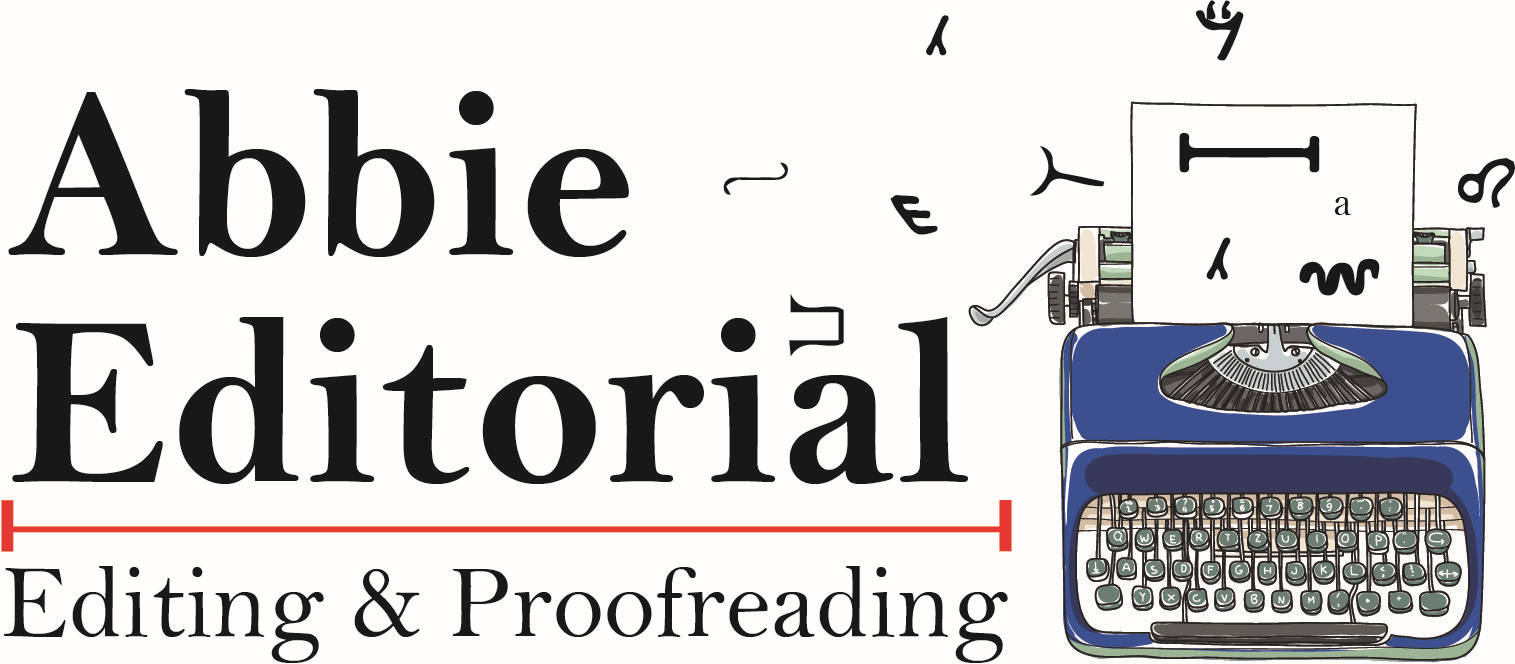Why it's hard for writers to be original
by Jon Richter

I’ve been a published writer since 2017, and above everything else one of my key goals when writing is to be original. My aim is to always come up with original twists on existing ideas, to mash up multiple genres in innovative ways, to experiment with story structure, and so on. But, while these aspects of my writing are often complimented, they might be one of the biggest reasons why I’m far from being a commercially successful household name…
One of the worst reviews I ever received was a two-star review for my weird thriller Never Rest, a story about a detective who travels to a mist-shrouded and rabbit-infested island to search for a missing writer. The reviewer, who awarded me just two stars, said that it was ‘the weirdest book they’d ever read’. I couldn’t reconcile their statement with the review score – in my mind that phrase reads like the highest compliment I could possibly be paid! But the sentiment does help to explain why writers, and certainly their publishers, are often afraid of venturing outside of common tropes and comfort zones.
My debut novel (also set on Salvation Island; that pair of books are the only time I’ve written anything that wasn’t entirely standalone, and we’ll get onto the challenges of genre-hopping later…) was a murder mystery thriller about a dead professional wrestler, originally titled Whatever Happened to Vic Valiant? During the editing process, the publisher insisted the title was changed to Deadly Burial; not a name I’m particularly keen on, but in fairness to the publisher the ‘Burial’ part is actually a clever wrestling pun (to be ‘buried’ as a pro wrestler is to be scripted to be beaten and humiliated), and more importantly they were trying to make sure potential readers understood the book’s genre. It became one of hundreds, thousands, of generic-sounding crime novels, complete with a silhouetted male detective on the cover facing away from the camera as though contemplating a crime. (It didn’t sell very well regardless of the name change, sadly!)
We see these sorts of repetitive titling decisions all the time – how many crime thrillers can you think of that contain the word ‘girl’ after the success of Gone Girl? – and in many cases, this will be a publishing decision, not an authorial one. The desire to pigeonhole novels into clear genre staples goes further than just their names: the blurbs of more avant-garde stories are amended to make them sound more typical story summaries, and indeed story changes are often suggested during editing phases to make books more ‘typical’. In the wake of the wild success of Game Of Thrones you’ve probably rolled your eyes more than once at similarly-titled apparent rip-offs called things like Clash Of Kings or Game Of Crowns or whatever, but behind these copy-pasted names are novels much more original than you might think.
None of the above is intended as a criticism of any publishers I’ve worked with, who have all been fantastic and supportive, and whose edits have often been very helpful; but I do sometimes wonder whether (as an example of something that happened to one of my books) an enforced change to add in a troubled backstory for a detective that I had originally envisaged as very different from the usual haunted, alcoholic divorcee was really an improvement. I once wrote a novel where the big reveal happened in the uppermost floor of a building, intended as a playful inversion of the usual ‘horrors in the basement’ trope, and was swiftly advised to relocate the shocking denouement to below ground.
Indeed, even the process of landing a publishing contract forces a writer to nail their colours to a genre mast; often publishers ask submitting authors to name multiple similar books in their genre to help with (a) marketing (if you love Johnny Chainsaw, you’ll love this new debut…) and (b) to enable the publisher to see evidence that this sort of story can sell. It requires writers to not only master their craft but also have a clear understanding of their target market, and makes complete, cold, hard business sense – but it feels so far removed from the process of creative innovation that can be jarring and somewhat disillusioning for a writer who just wants to tell an entertaining, original story.
This brings me to the perils of writing in more than one genre. The writing world is strongly geared towards specialising, and publishers and readers alike often ask ‘what genre do you write?’ In my case the answer is crime, horror, science fiction, cyberpunk, fantasy and a bit of what can probably only be described as ‘weird’; my efforts to wrap all of this under the blanket term ‘dark fiction’ have probably only hindered rather than helped my sales (crime enthusiasts don’t google ‘dark fiction’, they google ‘crime novels’). It’s surprised me how unusual it seems to be to read in multiple genres – I assumed that, like me, everyone who liked ‘nasty stuff’ would be flitting between murder mysteries, paranormal horror, dark fantasies and so on, but I’ve actually found I’m selling to wildly different audiences each time I venture onto a new shelf in the bookshop. Many publishers, quite understandably, will publish only certain genres, meaning that an established relationship with a publisher is useless is you decide to make a switch. For some of these reasons, many writers take the step of publishing fiction written in a different genre under a completely different name: even Iain Banks, my favourite writer, felt compelled to add a middle ‘M’ initial when writing his masterful science fiction novels. This can be challenging, of course, in a world where brand recognition is so critical, and writing under more than one name would require a writer to build up social media followings, etc., almost from scratch each time.
If you’ve read this far, you’re probably thinking ‘so what?’ or, at worst, you’re thinking ‘sounds like a writer moaning about his lack of success – if you want to shift more copies, Jon, pick a lane and stay in it!’ Well, despite the pitfalls I’ve outlined above, my advice to any writers contemplating tackling something they are worried might be too unusual or difficult to sell, or is perhaps in a completely different genre from their previous work, is actually… go for it!! I don’t think creativity should ever be reined in because of, or cynically geared towards, projected sales. We’re artists after all, and artists innovate, and new zeitgeists are only created when people break through the boundaries of current trends and conventions.
I’d also suggest digging in your heels when told to make homogenising changes to your work – no-one wants to be branded a diva and editors’ suggestions are often very sensible and helpful, but I’ve found as I’ve grown more confident across my writing career that editors are more than prepared to compromise or concede on certain points if you can clearly and politely articulate your concerns or reasons for disagreeing.
I’ve also learned, happily, that although the audiences for different genres broadly comprise very different demographic groups, readers are prepared to make a leap if they like your stuff! It is one of my absolute favourite compliments to receive when a reader says something along the lines of ‘I wouldn’t normally read science fiction but I loved Jon’s crime thrillers so thought I’d give this one a try, and I loved it!’ After all, who says a science fiction setting can’t feature a deliciously gruesome murder mystery…?
So rather than stick slavishly to genre tropes, I’d encourage writers always to experiment, to push the boundaries, to try to write something that rewrites the rules rather than obeying them – maybe there are even entirely new genres still out there to be discovered!
If this article has been of interest and you are intrigued enough to have a look at some of my weird output, I’d be honoured and delighted if you’d visit www.jon-richter.com, or just search for me on Amazon. My genre-mangling books include the following:
Chains, a murder mystery thriller where every one of thirty-plus chapters is told from a completely different character’s perspective.
The Warden, a psychological techno-thriller that was, I think, the world’s first novel set during a COVID pandemic.
Scarred, my latest novel and first in the fantasy genre. Expect an epic quest story that resembles a ‘bizarre, acid-soaked’ Wizard of Oz, complete with dragons, knights, swords, sorcery… and of course, a twist that turns all of those conventions upside down.
Thank you for reading, and I wish you all the best in your own writing careers!











